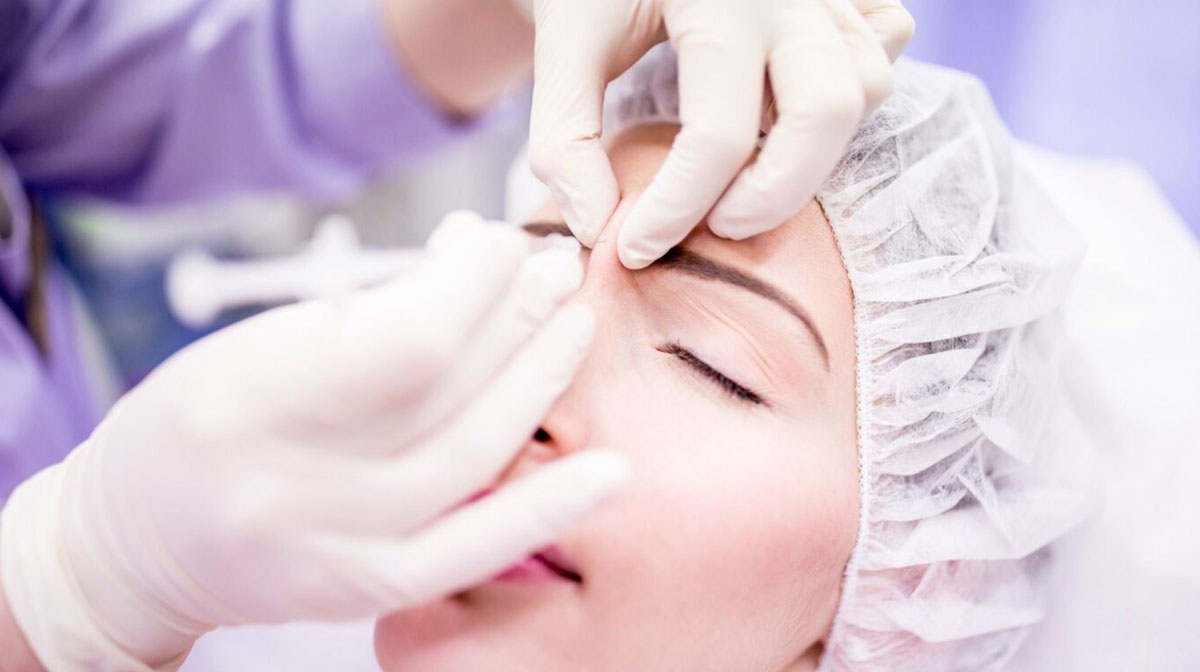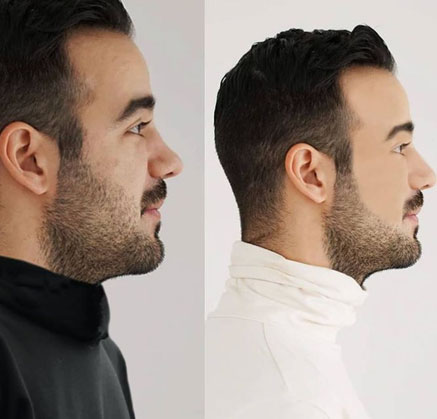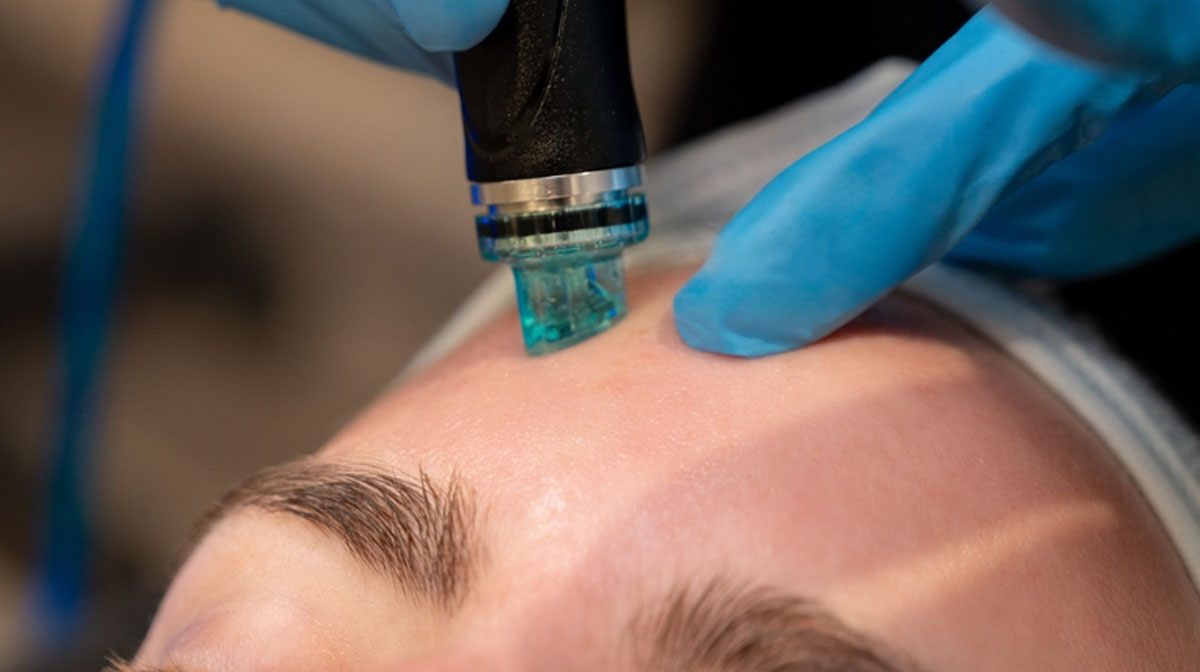- Malad West, Mumbai
- +91-7400188399
- mccmumbaicosmeticcentre@gmail.com
Fillers Treatments
Fillers Treatment in Mumbai

What are Fillers?
Fillers treatment in Mumbai involves the use of injectable substances to add volume, smooth wrinkles, and enhance facial contours. These substances are usually composed of hyaluronic acid, a naturally occurring substance in your body that helps maintain skin hydration and elasticity. Other types of fillers may include collagen, calcium hydroxylapatite, and poly-L-lactic acid.
Mumbai Cosmetic Centre provides Fillers treatments in Malad Mumbai, restoring volume and rejuvenating your appearance with natural-looking results. Book now!
Types of Skin Fillers:
Hyaluronic Acid Fillers:These fillers are highly popular due to their ability to plump the skin, reduce wrinkles, and increase volume of the lips and cheeks.
Collagen Fillers:They are used to improve skin texture and reduce wrinkles.
Calcium Hydroxylapatite Fillers:This filler stimulate collagen production, providing long-lasting results for facial volume restoration.
Poly-L-lactic Acid Fillers:This filler that promotes collagen production, gradually improving skin texture and volume over time.
Benefits of Skin Fillers:
Non-Surgical:Unlike surgical procedures, skin fillers offer a non-invasive option for enhancing facial features and addressing signs of aging.
Faster Results:Many patients experience immediate improvement in their appearance after filler injections, with further enhancement as the filler settles.
Customizable:Fillers can be tailored to each individual's unique facial features and aesthetic goals, providing personalized results.
Minimal Downtime:Most filler treatments require minimal downtime, allowing patients to resume their daily activities shortly after the procedure.

Top Fillers Experts in Mumbai
FAQs
1. Are skin fillers safe?
When administered by a qualified professional, skin fillers are generally safe. It's important to choose a reputable provider and follow pre and post-procedure instructions for optimal safety and results.
2. How long do skin fillers last?
The longevity of fillers varies depending on the type used and different factors. Hyaluronic acid fillers usually last 6-18 months, while collagen stimulators like Sculptra can last up to 2 years or more.
3. Can anyone get skin fillers?
While most individuals are suitable candidates for skin fillers, it's crucial to undergo a consultation to assess eligibility and discuss potential risks.
4. Are there any side effects of skin fillers?
Common side effects may include temporary swelling, bruising, or redness at the injection site. These usually reduce within few days. Serious complications are rare but can occur if the filler is administered incorrectly.
5. How soon will I see results after getting skin fillers?
Many patients notice immediate improvement in volume and smoothness after filler injections. However, final results may take a few days to settle as any initial swelling subsides.
6. Are skin fillers permanent?
No, most skin fillers are not permanent. They are gradually metabolized by the body over time, necessitating touch-up treatments to maintain results.





